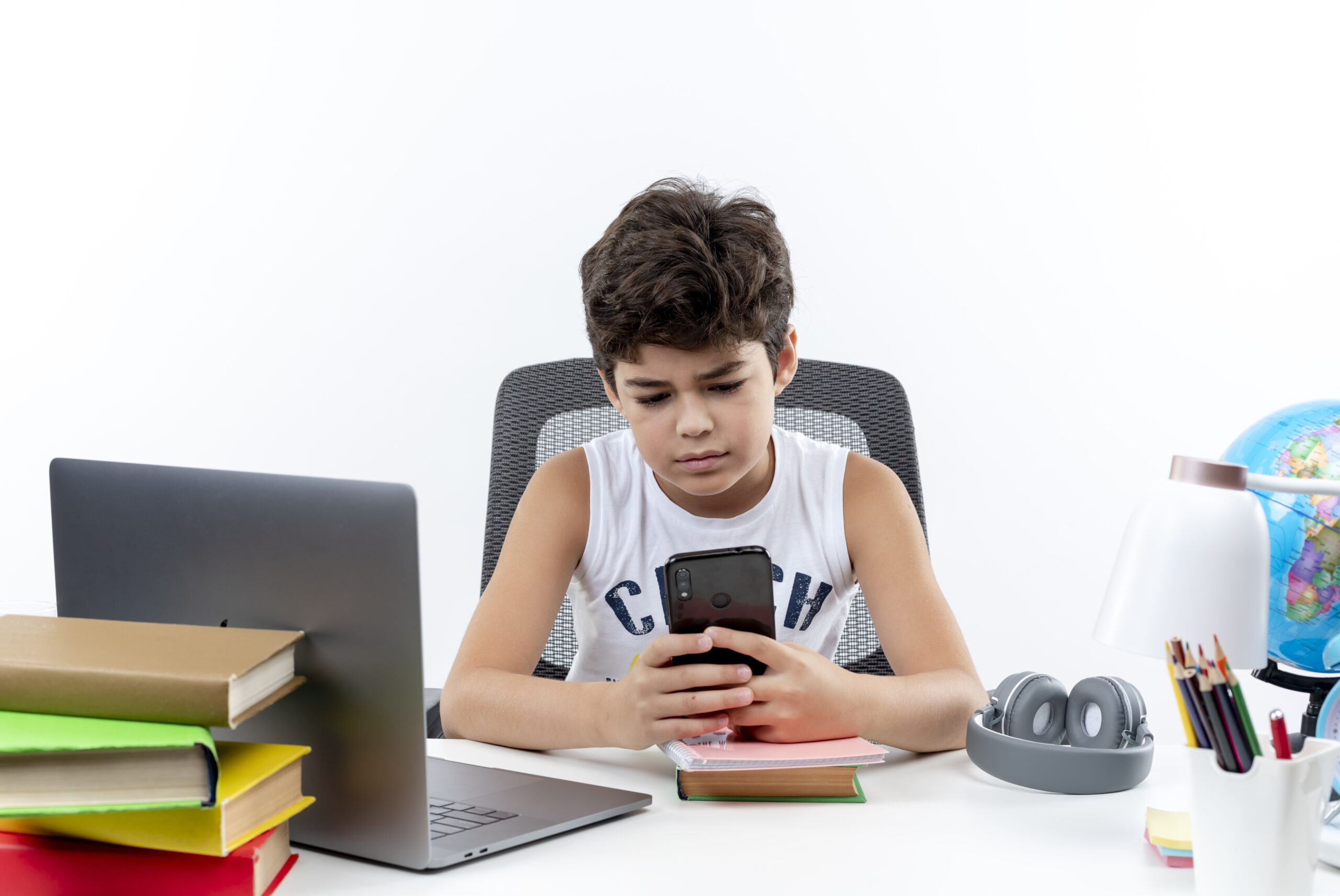So... Why Can’t We Focus Anymore?
It’s 9 AM. You’ve already checked WhatsApp, replied to a meme on Instagram, and somehow watched 5 YouTube Shorts before brushing your teeth.
You didn’t plan it.
You didn’t even enjoy it that much.
But your brain? Oh, it loved every second of that dopamine rush.
And that’s exactly the problem.
As a BTech student living in this noisy, fast-paced world of screens and scrolls, I started noticing something strange: I couldn’t read a page without getting distracted. I couldn’t watch a full tutorial without opening 3 more tabs. Worst of all? Nothing “slow” felt satisfying anymore.
I was addicted. Not to anything illegal or harmful. But to stimulation.
What I Learned the Hard Way About Dopamine Overload
I stumbled upon a term online — dopamine detox. At first, I thought it was another self-help buzzword. But the deeper I went, the more it started to make sense.
Our brains are designed to reward us with dopamine when we do something good: finish a task, learn something, achieve a goal.
But now? We’ve hacked the system.
One reel. One notification. One “YouTube suggestion.” That’s all it takes to hijack your attention and pull you into a black hole of scrolling and swiping — and the worst part? Your brain thinks you’re doing something productive.
But you’re not.
The Detox That Changed My Routine
So I tried something different. Nothing extreme. No throwing away the phone or deleting every app.
Instead, I just paused.
For one week, I:
-
Muted all non-essential notifications.
-
Kept my phone in another room while studying.
-
Took 15-minute tech-free walks in the evening.
-
Wrote down what I actually wanted to do each day.
No fancy tools. No app blockers. Just intentional silence.
And honestly? It was hard at first. Like really hard. I got bored. I felt twitchy. But on day 4, something strange happened: I wanted to study. I felt focused. I even started enjoying coding again without distractions.
The Point Isn’t to Quit Technology
Let’s be real — we’re future engineers, coders, developers. We can’t avoid screens. Tech is part of our life. And honestly, I love it.
The goal isn’t to quit tech. The goal is to stop letting tech control us.
You can still watch a movie. Play games. Use social media. But let you choose when — not your notifications.
Final Thoughts: If You’re a Student, You Need This More Than Ever
If you’re reading this and feeling called out — good. That means it’s time.
Just try it. One small detox. One small decision to take back your mind.
You won’t believe how much more focused, confident, and peaceful you’ll feel — and your productivity will thank you for it.



Comments
Post a Comment